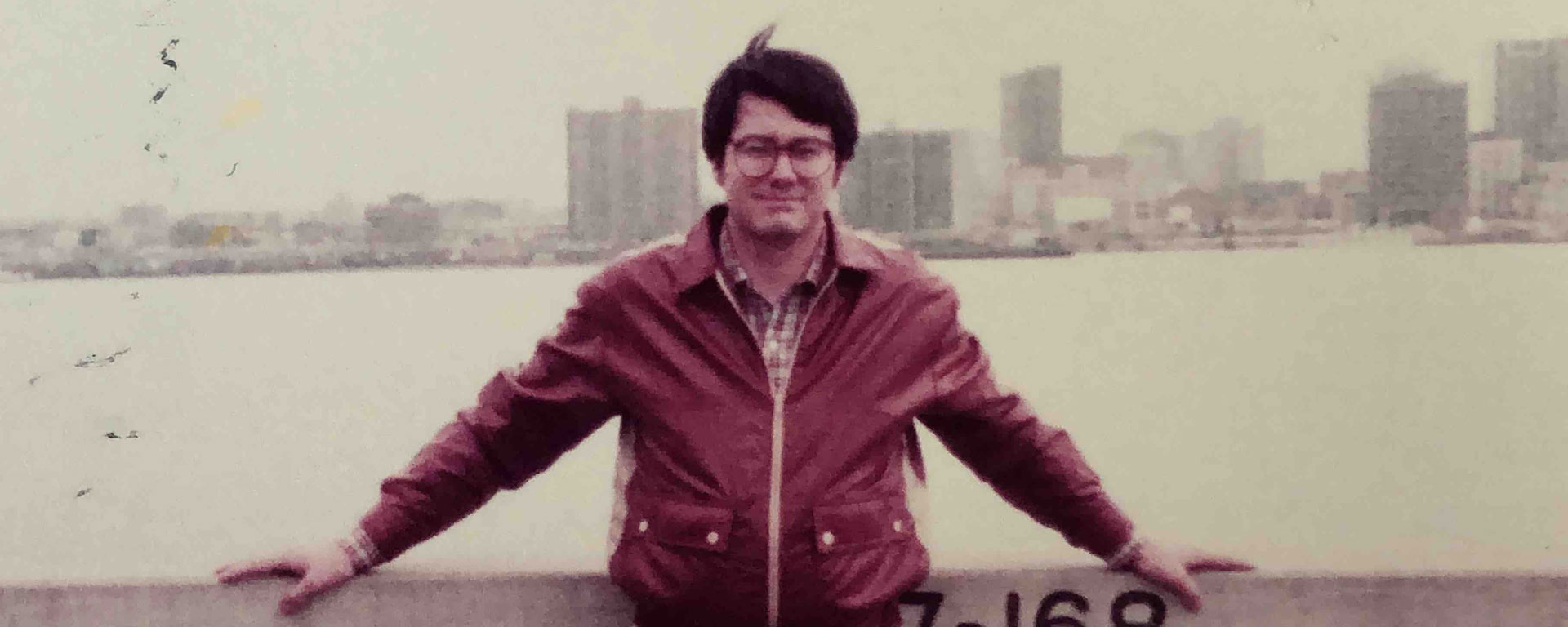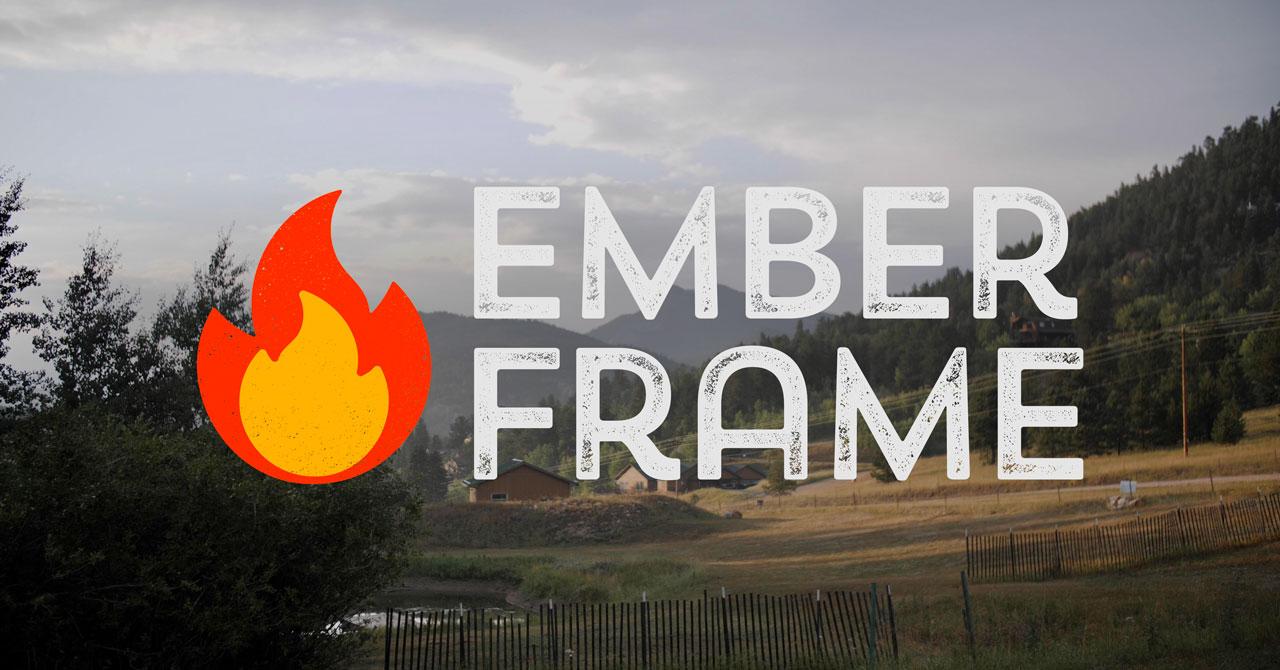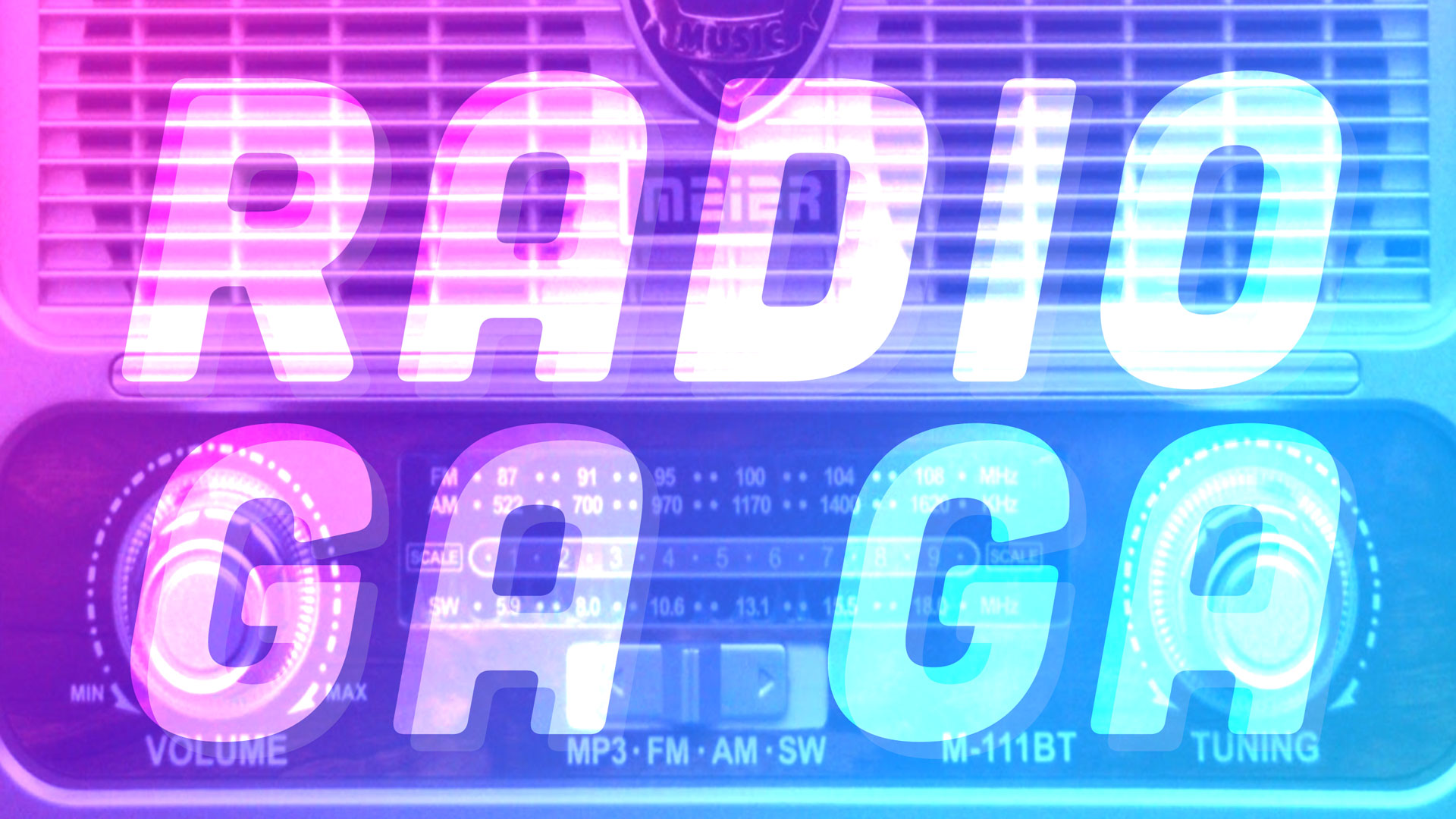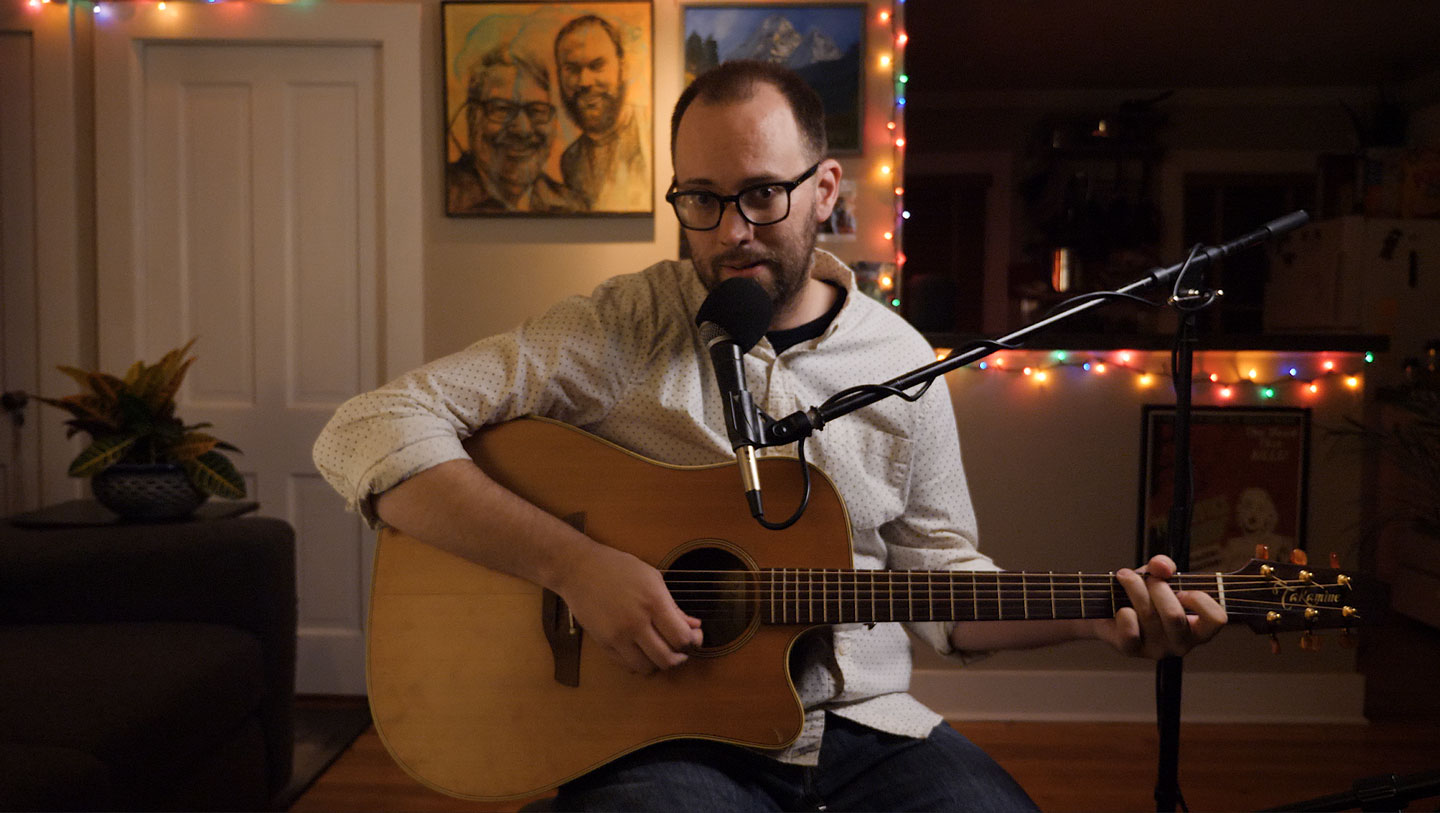Nostalgia - a lost Some Pulp episode
In the final year of his life, I co-hosted a podcast with my dad called Some Pulp, a treasure trove of hours of conversation with him about mid-century pop culture.
In a recent trawl through old emails, I found notes for a forthcoming episode we never got to make on the topic of nostalgia.
The word “nostalgia”, at first glance, appears to be an ancient word, built from two greek words for “return home” and “longing”, but it turns out it’s a much more recent word, coined in the late 1600s by a medical student to describe the angst of Swiss mercenaries fighting abroad and missing home. Of course the word nostalgia itself would be coined in this way, as an early modern word reaching into the past!
My dad had a sentimental-melancholy streak, often trying to savor moments and memorabilia. He was fond of mid-century American myths, whether it was following Route 66 and collecting gas station memorabilia, California dreaming with the Beach Boys, or the retro-futuristic science fiction of the Twilight Zone and Amazing Stories.
He was sympathetic to arguments from desire, believing there was potential fulfillment of our desires in this life or the next, something he was willing to discover even in pop culture, resisting any puritanical urge to separate himself from the world chasing a misguided “purity” or monastic isolation. The lens he saw the world through was dedicated to finding the sacred in the secular, dissolving false binaries, and seeking out redeeming elements of shunned or marginalized works when he could find ways to celebrate something in them.
In fact, one of the last emails I got from him described his delight in a mundane Hugh Grant rom-com, The Rewrite, that flew under most people’s radars, and might otherwise be regarded as a forgettable film. He was delighted in its use of Rod Serling as a mid-film interjection.
In his notes, I can tell we would have been treated to more than just an outpouring of his personal nostalgia. Rather, we would have gotten a sophisticated meditation on different kinds of nostalgia, some dangerous, like jingoistic national identities built upon propagandistic national myths spurring on war and genocide.
Or, on a personal level, the potential for nostalgia to trap us in romanticized pasts that never really were, all too often springing from a rejection of the present rather than intellectually or emotionally honest appraisals of the past.
One of my favorite Feist songs is Past In Present, with these lyrics:
Feeling it from dark to bright
When a wrong becomes a right
When a mountain fills with light
It’s a volcano, it’s a volcano
So much present inside my present
Inside my present and so,
So much past inside my present
Inside my present inside my present
Svetlana Bohm’s Nostalgia
Is there a healthier way to wield the energy of nostalgia?
My dad’s episode notes cite Svetlana Bohm’s The Future of Nostalgia in describing two kinds of Nostalgia:
Restorative nostalgia reflects a conspirational re-placement, a literal return to values, experiences, patriotism from another time and place—that all will be well with the return. It can be aggressive, coercive, totalitarian.
Reflective nostalgia attempts to understand the positive feelings of security, a platform from which one can stand to see what was and what is to come without necessarily a false innocence—it’s more of a search for meaning in the present that is both radically attached and disattached. What Boym calls not post-modern, but off-modern.
Restorative nostalgia is at the core of recent national and religious revivals. It knows two main plots—the return to origins and the conspiracy.
Reflective nostalgia does not follow a single plot but explores ways of inhabiting many places at once and imagining different time zones. It loves details, not symbols. At best, it can present an ethical and creative challenge, not merely a pretext for midnight melancholies.
If restorative nostalgia ends up reconstructing emblems and rituals of home and homeland in an attempt to conquer and specialize time, reflective nostalgia cherishes shattered fragments of memory and demoralizes space.
Restorative nostalgia takes itself dead seriously. Reflective nostalgia, on the other hand, can be ironic and humorous. It reveals that longing and critical thinking are not opposed to one another, just as affective memories do not absolve one from compassion, judgment, or critical reflection.
- Svetlana Bohm, Nostalgia
I wish I could have had this conversation with my dad.
What is your relationship to the past, personally and culturally? Is it a minefield of misguided nostalgia, or have you found healthy ways to include your past in your present? In the myth of yourself, are you stuck in the past, are you rootless in the present, or have you learned how to navigate well, “off-modern”?









